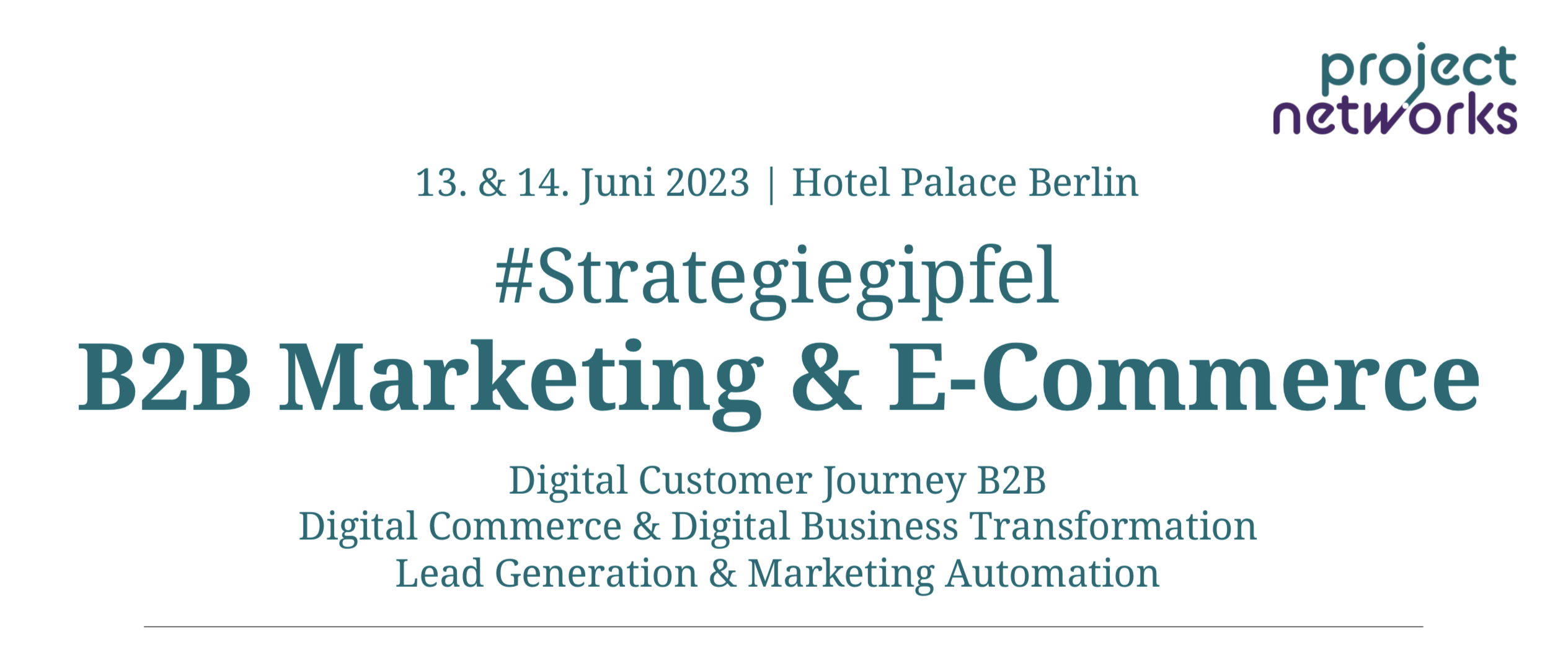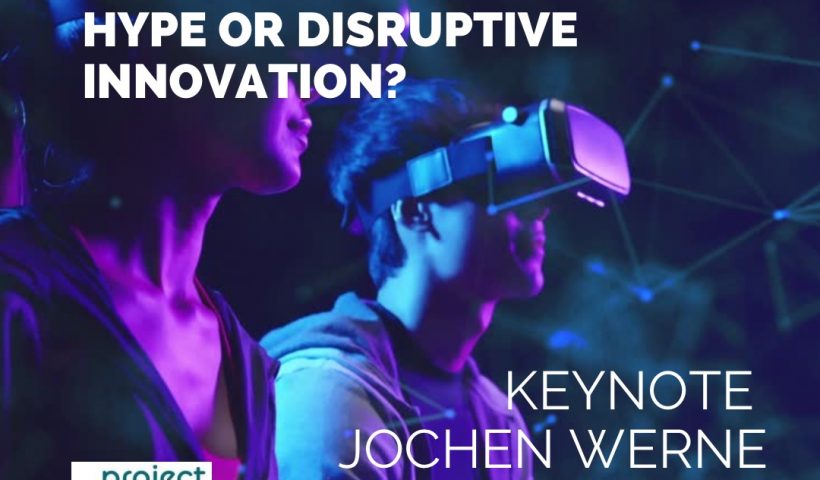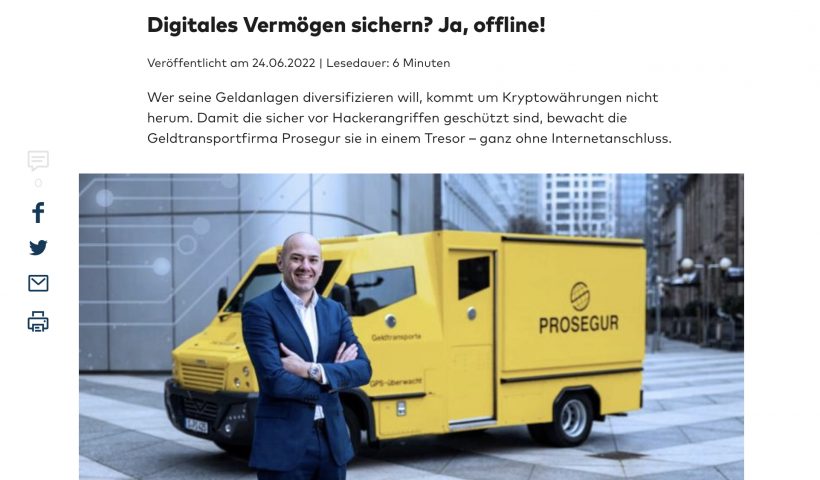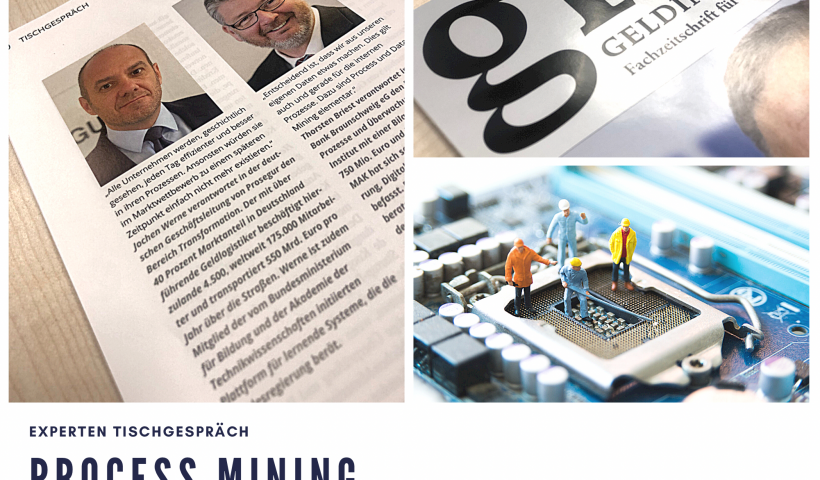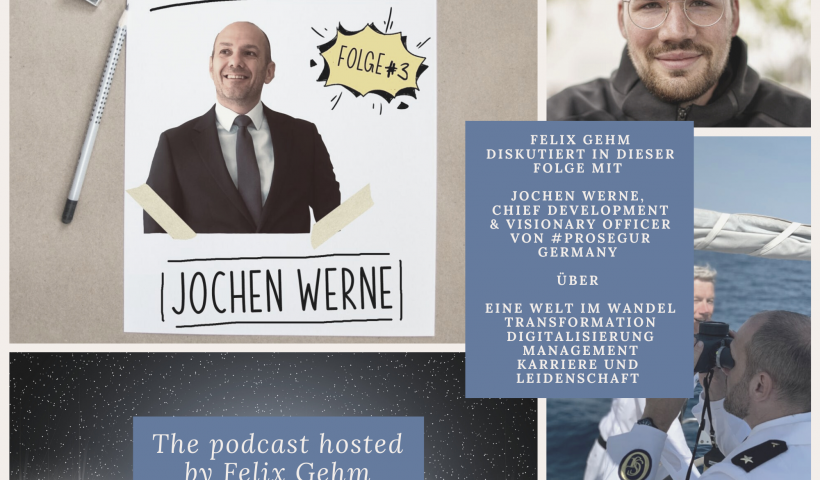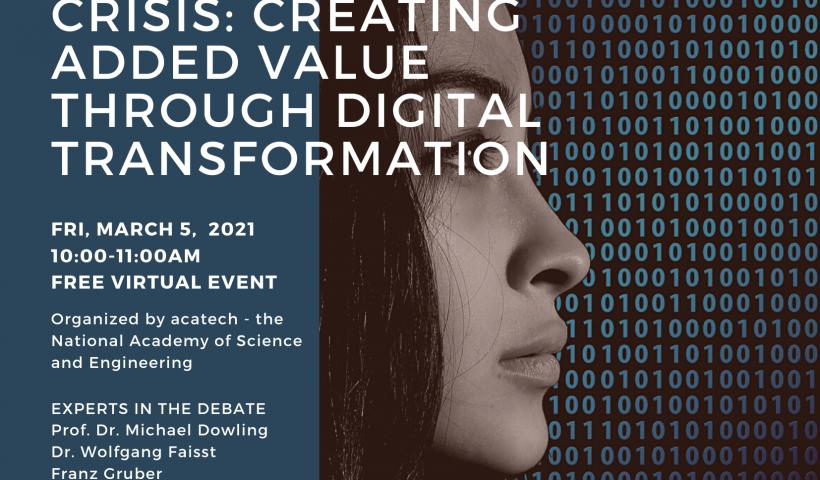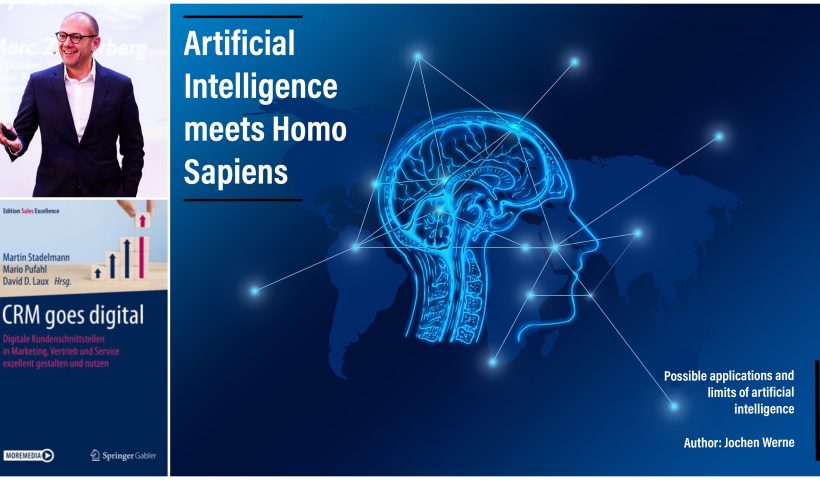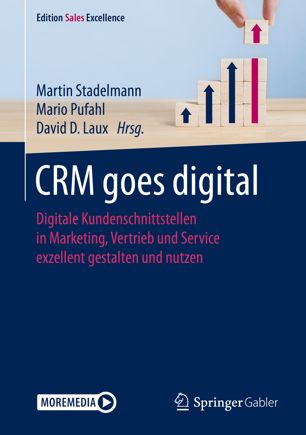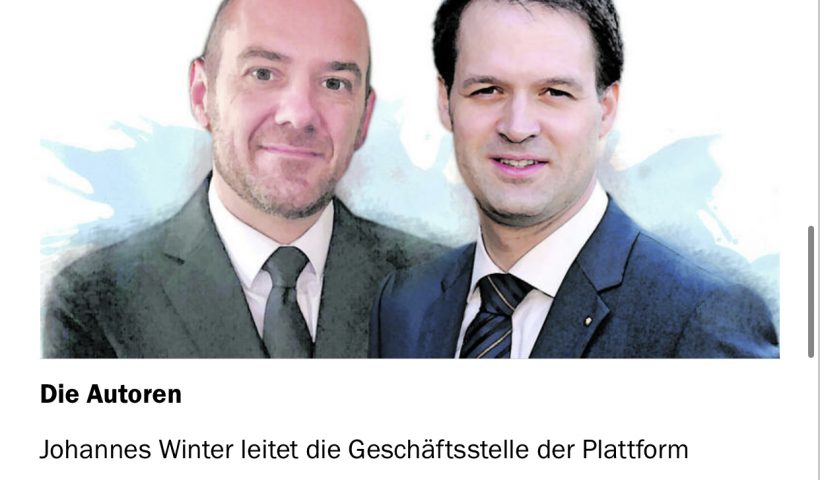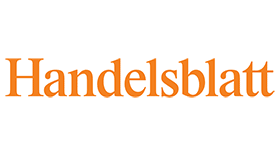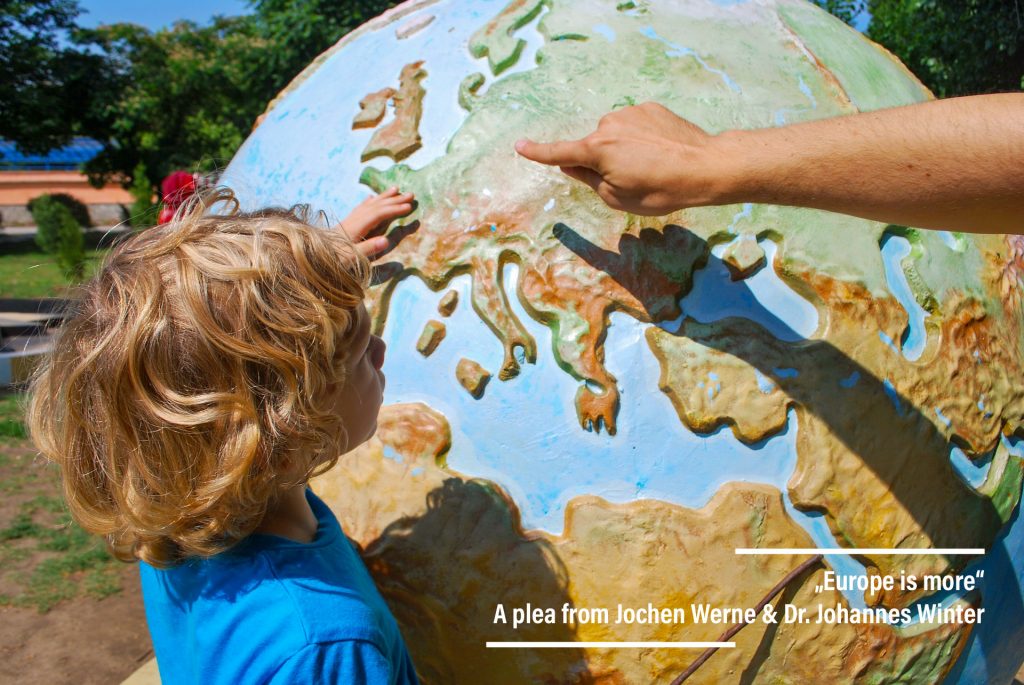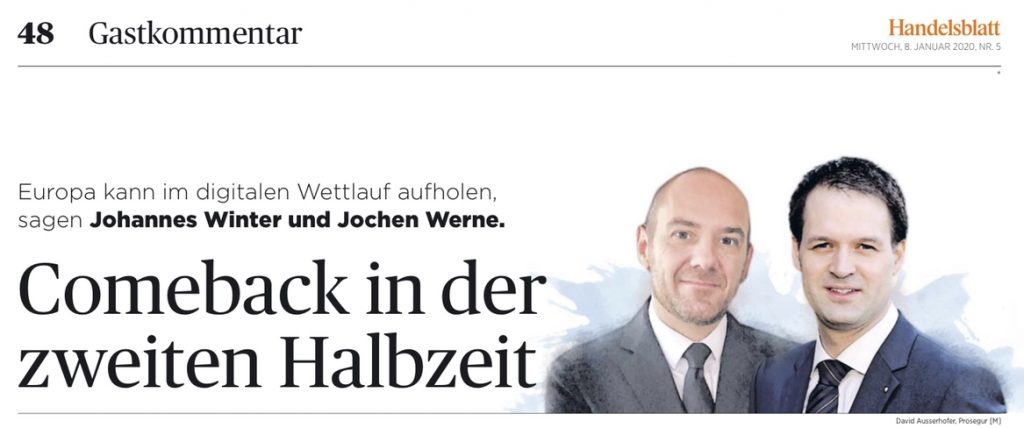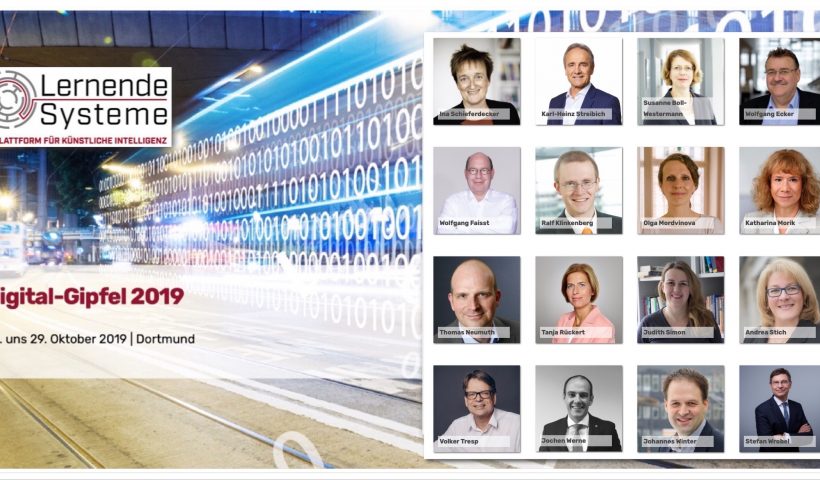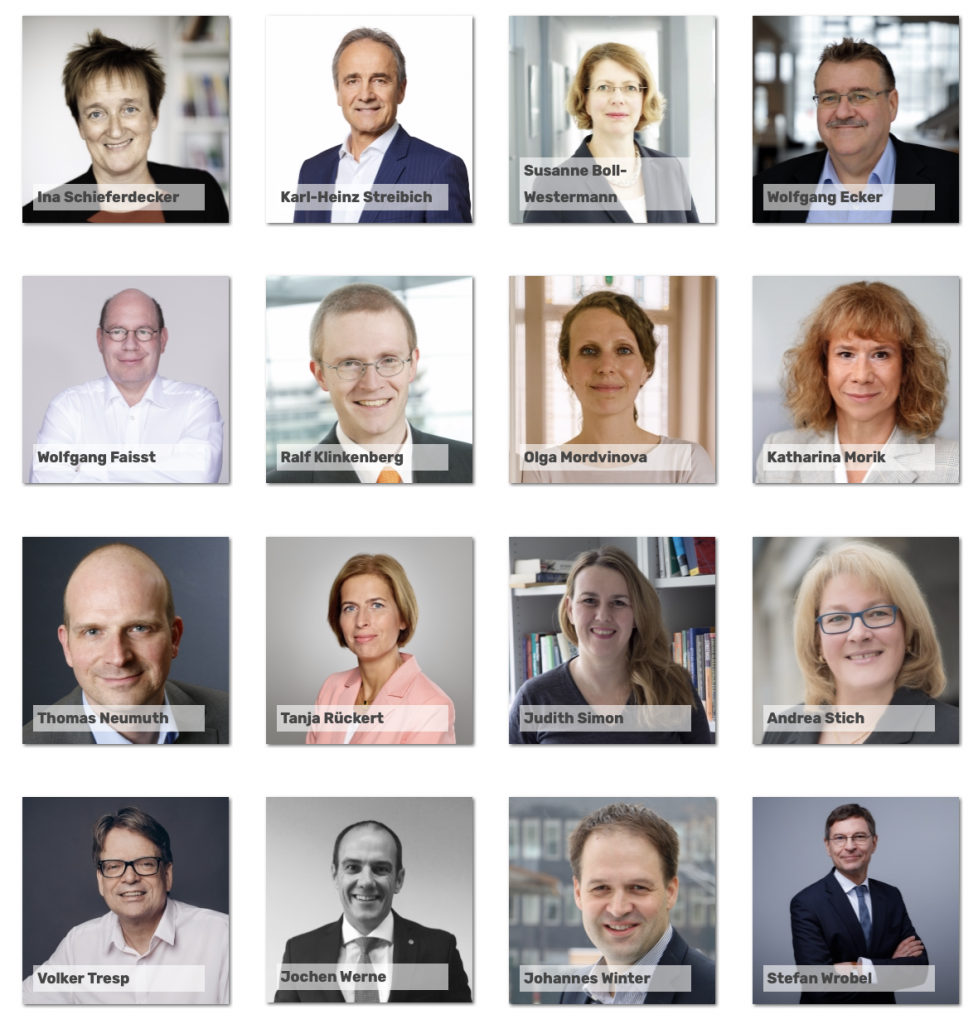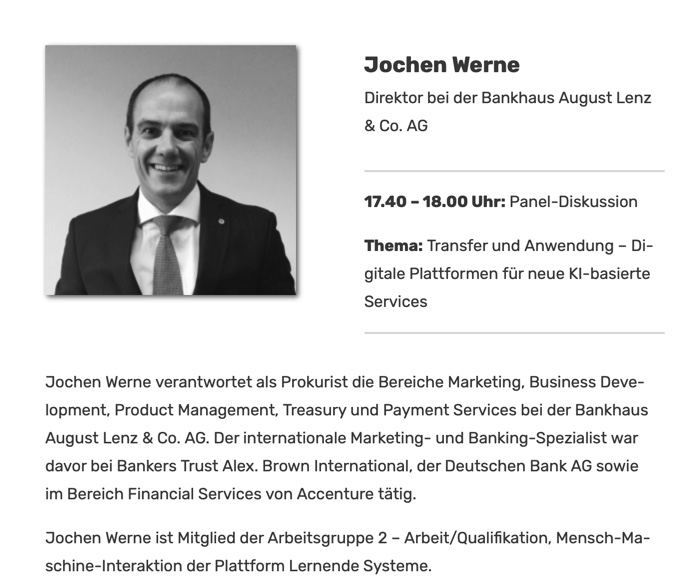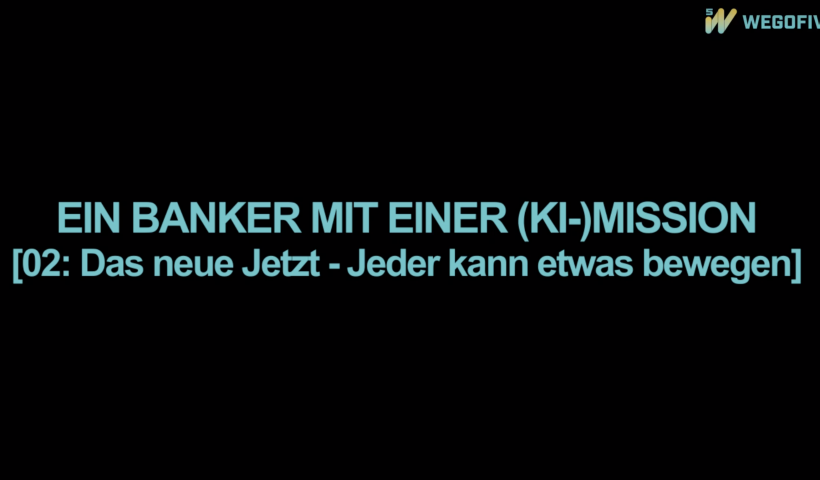It is my great pleasure to join some of Europe’s leading B2B marketing and e-commerce experts at this year’s PROJECT NETWORKS STRATEGY SUMMIT to discuss the potential that arises from technological advances and initiatives such as the Metaverse. In the introductory keynote on the topic, I will explore the following topics in more depth:
Keynote: METAVERSE. Hype or all-changing?
The History of the Metaverse: From Snow Crash to Google Maps and Mark Zuckerberg’s $10 billion visions of a digital world.
Is the Metaverse becoming a reality?
Data: Be prepared – The Metaverse will increase the demand for for data engineers and AI developers
Marketing in the Metaverse

For everyone who‘s already interested to prepare for the disussion, a quick introduction by OpenAI‘s ChatGPT to the topic: METAVERSE. Hype or Disruptive Technology
The metaverse is a term that has gained popularity in recent years. It refers to a virtual world where people can interact with each other through avatars and digital goods. Some consider the metaverse to be hype, others see it as a breakthrough technology that will change various aspects of our lives. This paper will explore the concept of the metaverse and evaluate whether it is hype or a disruptive technology.

First of all, it is important to understand what the metaverse is and how it works. The metaverse is a collective, virtual, shared space created through the convergence of various technologies, including augmented reality (AR), virtual reality (VR), blockchain and the Internet of Things (IoT).^1 The metaverse provides a multidimensional experience that allows users to interact in real time with each other, digital assets and real objects. The idea of the metaverse is not new and has already been taken up in various media such as films, video games and books. However, recent technological advances have made it possible to create a metaverse that is closer to reality.
One of the main arguments for the metaverse being hype is that it is still at an early stage of development and there is much speculation about its possible uses. Currently, the best-known example of the metaverse is the popular online game Second Life, which was launched in 2003.^2 Second Life has successfully created a virtual world in which users can interact with each other, but it has not had a significant impact on the real world. Moreover, current applications of the metaverse are limited to games, social networking and digital art. This has led some to believe that the metaverse is hype and will not have a significant impact on society.
On the other hand, the metaverse has the potential to be a disruptive technology that will change various aspects of our lives. One of the most important areas where the metaverse could have an impact is the economy. The metaverse enables the creation and exchange of digital goods that can have real value. This has led to the emergence of non-fungible tokens (NFTs), which are unique digital assets that can be bought and sold on the blockchain. By 2021, the market for NFTs reached $2.5 billion, and is expected to continue growing in the coming years.^3 The metaverse has also opened up new opportunities for businesses, including virtual real estate, advertising and e-commerce.
Another area where the metaverse could have an impact is education. The metaverse offers a new way of learning that is immersive and interactive. For example, students could use the metaverse to research historical events, visit different countries or even explore space. This would allow for a more engaging and memorable learning experience that could lead to better academic outcomes.

In conclusion, although considered hype by some, the metaverse has the potential to be a disruptive technology that will change various aspects of our lives. The metaverse offers a new way of interacting with each other, with digital goods and with the real world. It has the potential to revolutionise business, education and other areas of our lives. Although the metaverse is still at an early stage of development, it is clear that it will continue to be of interest to researchers, entrepreneurs and investors in the years to come.
Sources:
Al-Rikabi, A. (2020). Metaverse: A virtual shared space. Advanced Science News, 7(9), 1903421.
Wagner, J. (2021). The story of the metaverse. VentureBeat.
Statista. (2021). Market capitalisation of non-fungible tokens
